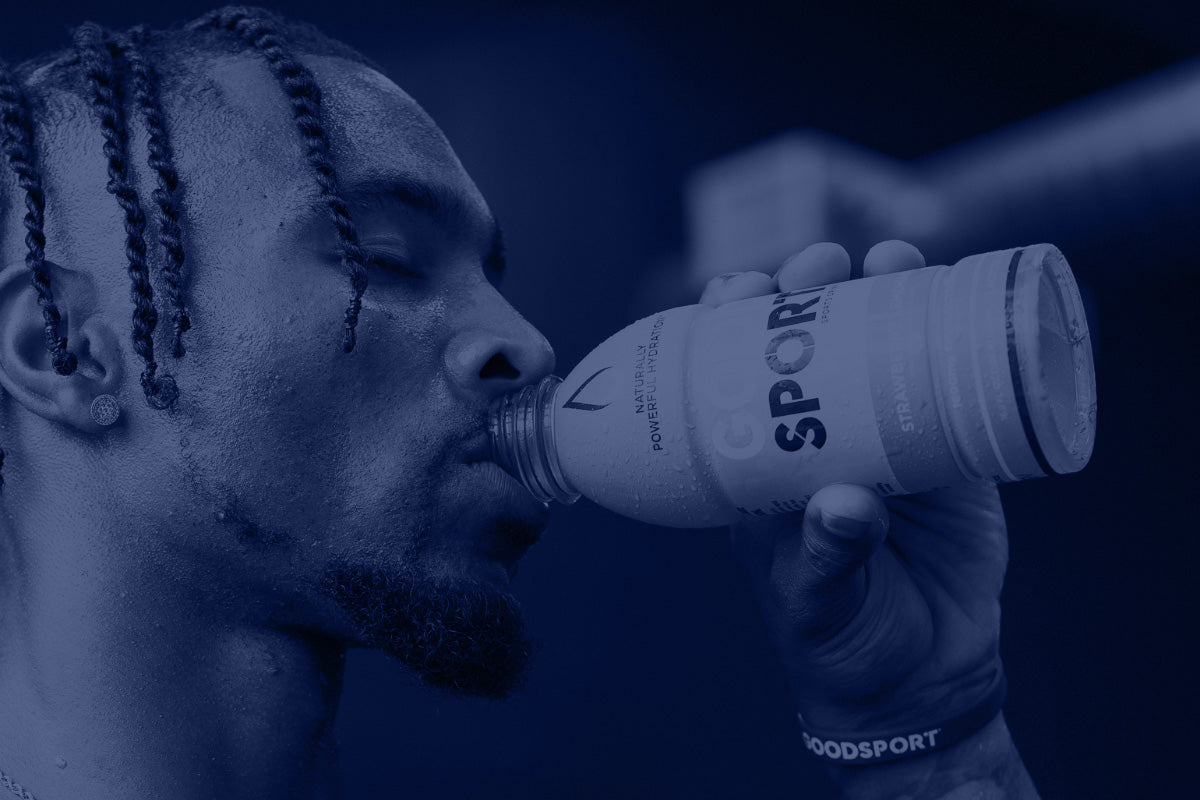
THE IMPORTANCE OF HYDRATION
No Other Nutritional Intervention is as Powerful
Hydration status influences every single physiological system in the human body. It may seem astonishing but it’s true - every bodily system relies upon sufficient water content for optimal function.
Hydration is especially important during physical activity because sweating causes body water content to fall. That dehydration (hypohydration) compromises physiological functions throughout the body. Staying well hydrated (euhydration) during physical activity supports those functions and improves performance capacity.
Proper hydration keeps heart rate and body temperature from rising too high and prevents muscle blood flow and therefore, exercise intensity, from dropping too low. Proper hydration also benefits brain function, helps maintain mental focus and makes exercise feel easier than it does when you are dehydrated.
Dehydration of even 2% of body weight is sufficient to create the conditions in which performance is diminished. When additional stressors such as warm temperatures or altitude are also present, dehydration of only 1% of body weight is enough to alter physiological responses and reduce performance capacity. Dehydration causes widespread disruption in cardiovascular, thermoregulatory, metabolic, and brain function which combine to impair exercise performance and aspects of cognitive function.
Consequently, minimizing dehydration by consuming fluids during exercise will help sustain important cardiovascular and metabolic functions and protect against reductions in physical performance.
Athletes should choose whichever hydration strategy works best to minimize dehydration. Drinking to thirst, drinking ad libitum or following a personalized hydration schedule can all be effective depending upon the athlete and the exercise circumstances e.g., duration, intensity, environmental conditions, etc. See our hydration protocol to find a hydration schedule that may work best for you.
So how important is hydration? For serious athletes, it is a crucial consideration for optimal performance in practice and competition.
- Ganio MS, Armstrong LE, Casa DJ, et al. Mild dehydration impairs cognitive performance and mood of men. Br J Nutr.2011;106(10):1535–1543.
- Grego F, Vallier JM, Collardeau M, Rousseu C, Cremieux J, Brisswalter J. Influence of exercise duration and hydration status on cognitive function during prolonged cycling exercise. Int J Sports Med. 2005;26(1):27–33.
- Logan-Sprenger HM, Heigenhauser, GJF, Jones GL, Spriet LL. Increase in skeletal-muscle glycogenolysis and perceived exertion with progressive dehydration during cycling in hydrated men. Int J Sport Nutr Exerc Metab. 2013;23:220-229.
- Nuccio RP, Barnes KA, Carter JM, Baker LB. Fluid balance in team sport athletes and the effect of hypohydration on cognitive, technical, and physical performance. Sports Med. 2017;47(10):1951-1982.
- Cheuvront SN, Kenefick RW. Personalized fluid and fuel intake for performance optimization in the heat. J Sci Med Sport. 2021;24(8):735-738.
- Periard JD, Eijsvogels TMH, Daanen HAM. Exercise under heat stress: thermoregulation, hydration, performance implications, and mitigation strategies. Physiol Rev. 2021;101(4):1873-1979.
- van den Heuvel AMJ, Haberley BJ, Hoyle DJR et al. Hyperthermia and dehydration: their independent and combined influences on physiological function during rest and exercise. Eur J Appl Physiol. 2020;120(12):2813-2834.
- Armstrong LE. Rehydration during endurance exercise: challenges, research, options, methods. Nutrients.2021;13(3):1-21.
- Cheuvront SN, Kenefick RW. Personalized fluid and fuel intake for performance optimization in the heat. J Sci Med Sport.2021;24(8):735-738.
- Trangmar SJ, Gonzalez-Alonso J. Heat, hydration and the human brain, heart and skeletal muscles. Sports Med. 2019;49(1):S69-S85.
- Cheuvront SN, Kenefick RW, Montain SJ, Sawka MN. Mechanisms of aerobic performance impairment with heat stress and dehydration. J Appl Physiol. 2010;109:1989-1995.
- Logan-Sprenger HM, Heigenhauser GJF, Killian KJ, Spriet LL. Effects of dehydration during cycling on skeletal muscle metabolism in females. Med Sci Sports Exerc. 2012;44(10):1949-1957.
- Murray B. Hydration and physical performance. J Amer Coll Nutr. 2007;26(5):542S-548S.
